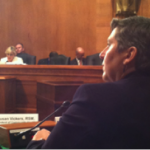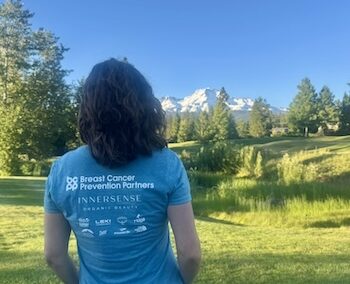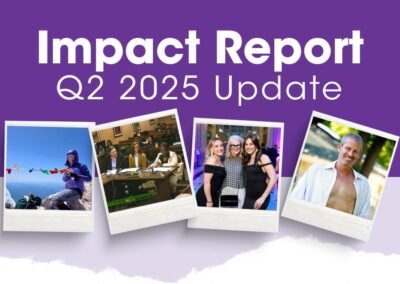As we face this unprecedented global health crisis, you would think that our country’s leaders would do everything in their power to reduce the conditions and exposures that make people more susceptible to the coronavirus. But in fact, exactly the opposite is taking shape. Under cover of the COVID-19 pandemic, the U.S. Environmental Protection Agency (EPA) just gave industry a free pass to discharge even more air and water pollution.
In a shocking statement, the EPA announced they would not be penalizing companies for violating air, water and hazardous-waste-reporting and monitoring requirements, a get-out-of-jail- free card for industry abuse. This policy, which came at the request of the oil and gas/petrochemical industry, will remain in effect for an unspecified time period.
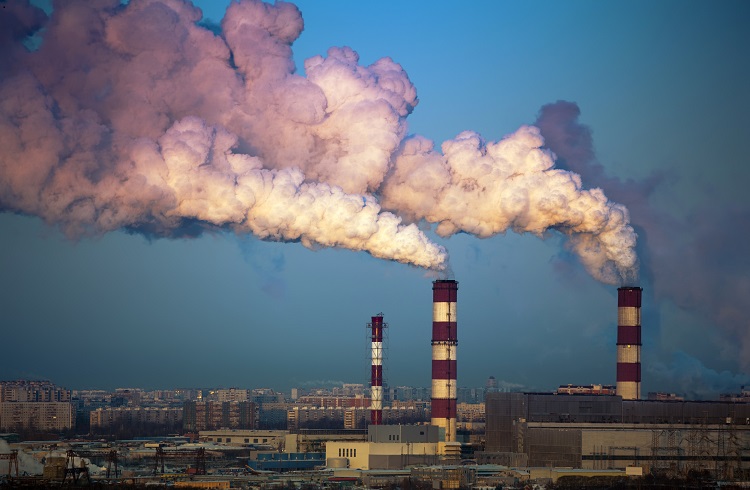
Recent research by Harvard University has shown increased vulnerability and mortality from the virus associated with long-term exposure to higher levels of air pollution. This data confirms the on-the-ground reality of communities of color, who are much more likely to live next to polluting industries, known as fenceline communities, where air pollution is much higher.
Black communities are hardest hit by this pandemic, and emerging data is also suggesting a higher impact on Latinx communities. For example, residents of the St. John the Baptist parish in Louisiana, who are over 50% Black, are exposed to some of the highest levels of air pollution in the country. Already part of “cancer alley,” this community is now experiencing extremely high rates of mortality from the coronavirus. Statewide in Louisiana, Black residents account for 32.7% of the population, but 70% of deaths from the virus. This horrifying inequity is reflected in communities and cities across the country.
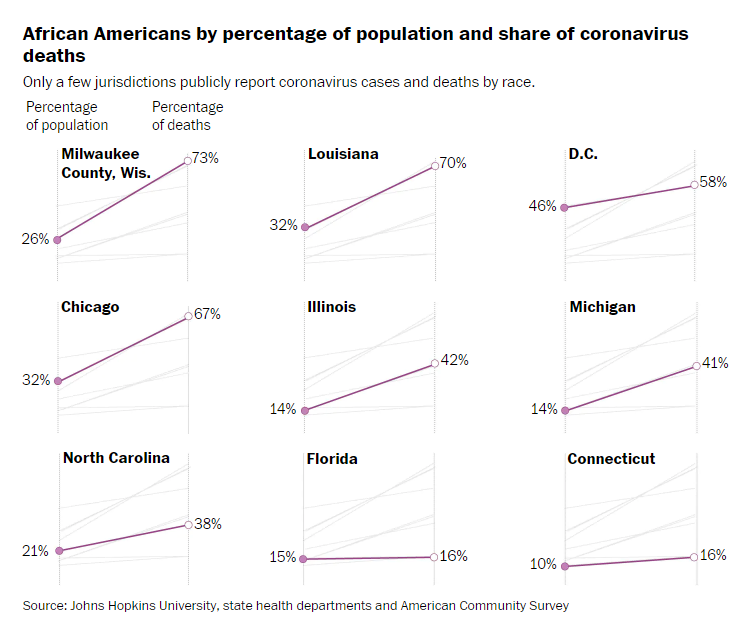
Additional studies show a link between breast cancer and numerous air pollutants, including polyaromatic hydrocarbons (PAHs), nitrogen dioxide, propylene oxide, vinyl chloride, mercury, cadmium and lead. Two additional chemicals found in air pollution, benzene and ethylene oxide, have strong links to increased breast cancer risk.
To ignore environmental protections in the current crisis shows a blatant disregard for our health at the very moment when the federal government should be doing all they can to reduce the impact of the pandemic. If anything, the EPA should tighten enforcement of our environmental laws to ensure maximum protection from the air pollution that leads to the underlying health conditions, such as asthma and heart disease, that make fenceline communities so vulnerable to COVID-19.

As we all adjust to this new reality facing the country, BCPP continues our work to reduce breast cancer risk and act as a watchdog exposing and challenging efforts to undermine public health protections now and into the future. Now more than ever we need your help to stop breast cancer before it starts.

